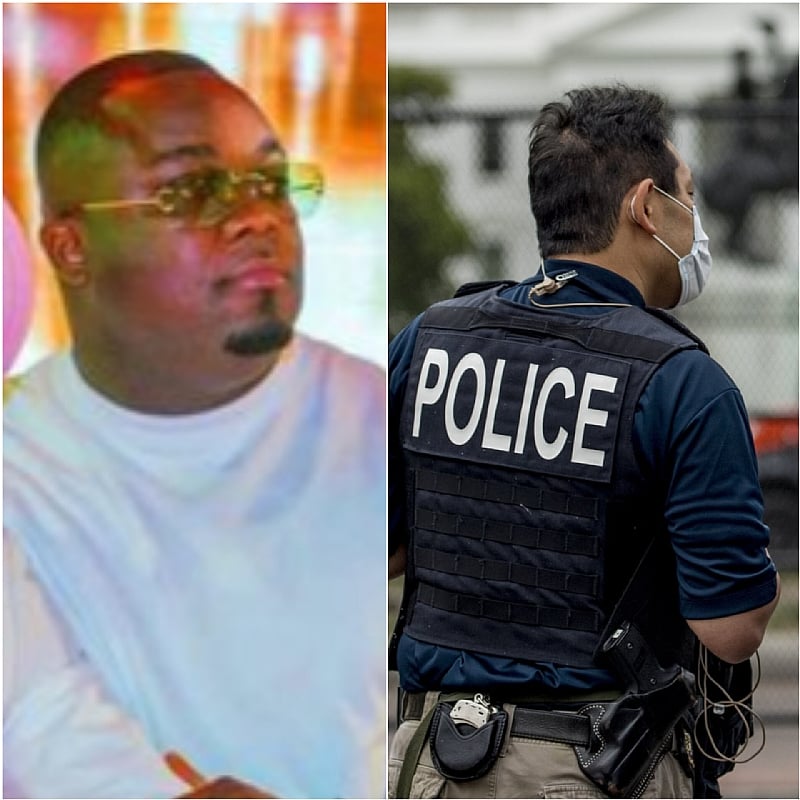Kofi Boakye, a prominent Ghanaian businessman known for his close ties to dancehall artist Shatta Wale, is currently embroiled in a legal battle against an extradition request from the United States’ Federal Bureau of Investigation (FBI). The case, unfolding at the Gbese District Court in Ghana, centers on the validity of the U.S. arrest warrant and the nature of the alleged offenses that prompted the FBI’s pursuit of Boakye. Boakye’s legal team argues that the warrant lacks proper authentication by Ghana’s diplomatic mission in the U.S., a prerequisite for its recognition within the Ghanaian legal system. This legal challenge forms the core of Boakye’s defense against extradition. The outcome of this challenge will significantly impact the course of the proceedings and determine whether Boakye will be compelled to face trial in the United States.
The FBI’s case against Boakye reportedly involves financial transactions linked to Frederick Asante, an individual with connections to the Ghanaian businessman. Official FBI records indicate that these transactions totaled less than $300,000, a figure significantly lower than the $100 million previously reported by various media outlets. This discrepancy in the reported amount raises questions about the nature of the transactions and whether they constitute criminal activity or legitimate business dealings. The relatively modest sum involved casts doubt on the seriousness of the alleged offenses and potentially weakens the FBI’s case for extradition. The discrepancy also underscores the importance of accurate reporting and the potential for misinformation to influence public perception.
Boakye vehemently denies any criminal wrongdoing and maintains his willingness to cooperate with U.S. authorities to clear his name and protect his business reputation. He asserts his readiness to voluntarily appear before U.S. courts, a move aimed at demonstrating his innocence and commitment to transparency. Boakye also denies any association with three other individuals implicated in similar charges, emphasizing that his sole connection is to Frederick Asante. This clarification seeks to distance him from any broader criminal network and focuses the case on the specific transactions linked to Asante. By highlighting his willingness to cooperate and clarifying his associations, Boakye aims to portray himself as a law-abiding businessman caught in a legal misunderstanding.
The Gbese District Court has adjourned the case to July 1, 2024, to deliver its ruling on the legality of the extradition request. The court’s decision will hinge on whether the alleged offenses are considered crimes under both Ghanaian and U.S. law, a crucial requirement for extradition under Ghanaian legal statutes. The court will carefully examine the evidence presented by both sides and assess the validity of the U.S. arrest warrant in light of Ghanaian legal procedures. The July 1st ruling will be a pivotal moment in the case, determining whether the extradition process moves forward or comes to a halt.
Ghanaian legal principles dictate that extradition is permissible only if the alleged offenses constitute crimes in both jurisdictions. This principle ensures that individuals are not extradited for actions that are not considered illegal in their home country. The court’s analysis will likely focus on the nature of the financial transactions involving Frederick Asante and whether they violate laws in both Ghana and the United States. The court’s interpretation of the applicable laws will be crucial in determining the outcome of the case.
The Office of the Attorney General in Ghana plays a key role in the extradition process, overseeing the proceedings and coordinating with U.S. authorities. Should the court rule in favor of the extradition request, Boakye could be sent to the United States to face prosecution. The Attorney General’s office acts as a liaison between the two countries, ensuring that the legal procedures are followed and that the rights of the accused are protected. The case underscores the complexities of international legal cooperation and the importance of adhering to legal protocols in cross-border criminal investigations. The outcome of this legal battle holds significant implications for Kofi Boakye’s personal and professional life, as well as for the broader context of U.S.-Ghana legal cooperation.














